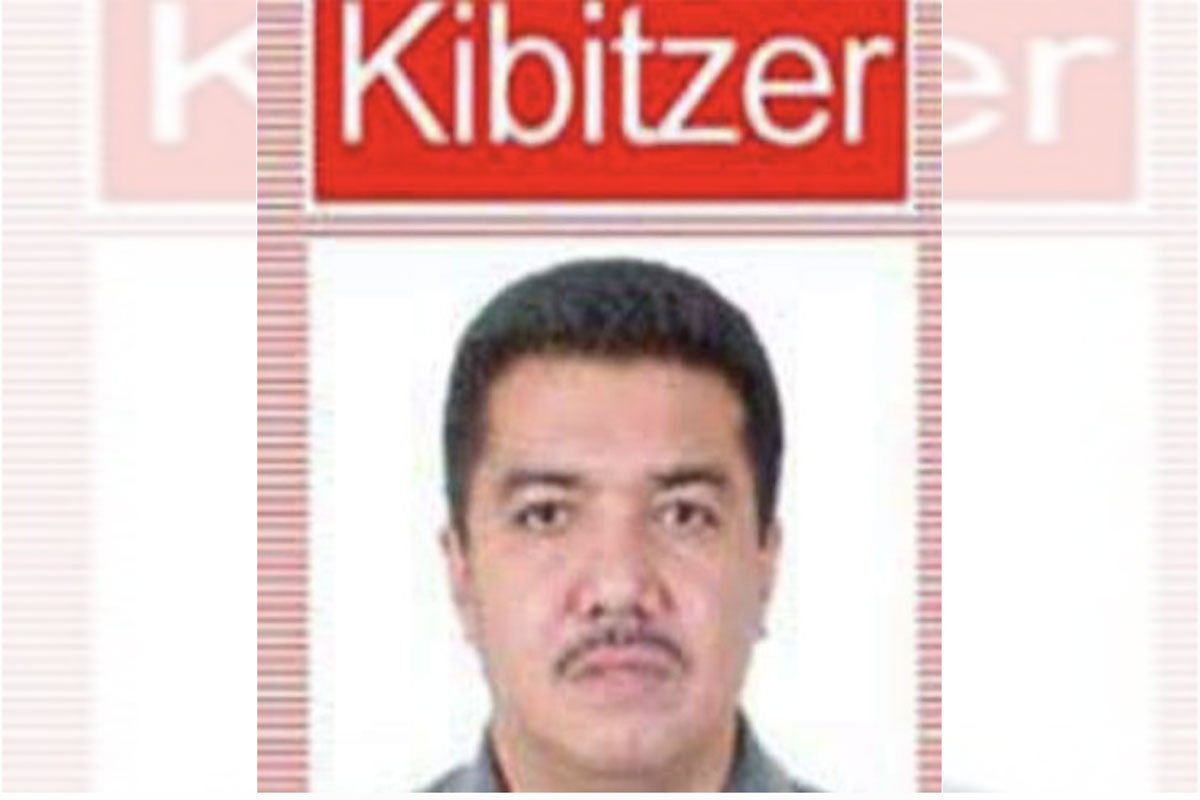
Danao assures PNP commitment to work with DILG, DOJ vs crime
 PHILIPPINE National Police Officer-in-Charge (PNP-OIC), Lieutenant General Vicente D. Danao Jr. yesterday assured Department of Interior and Local Government (DILG) Secretary Benjamin ‘Benhur’ C. Abalos Jr. and Justice Sec. Jesus Crispin C. Remulla of the PNP’s total commitment to fully work with the two agencies in further improving the force’s program to prevent and solve crimes as soon as it takes place.
PHILIPPINE National Police Officer-in-Charge (PNP-OIC), Lieutenant General Vicente D. Danao Jr. yesterday assured Department of Interior and Local Government (DILG) Secretary Benjamin ‘Benhur’ C. Abalos Jr. and Justice Sec. Jesus Crispin C. Remulla of the PNP’s total commitment to fully work with the two agencies in further improving the force’s program to prevent and solve crimes as soon as it takes place.
The top cop expressed his sincerest gratitude and appreciation to the DILG and DOJ chiefs for their vow to support the 225,000-strong police force by working closely with each other to resolve issues that continue to hound the resolution of criminal cases being filed by the police as well as the need to have more qualified police investigators.
Remulla underscored the need for the police and prosecutors to act harmoniously so that cases filed at the prosecutor’s level will be properly appreciated. For his part, Sec. Abalos reiterated the basic foundation of law enforcement which is to always act in accordance with the law.
“Integral to the career growth of our police officers is to train them on how to handle investigation and build strong cases. We commit to become better in this aspect so justice can really be served,” Danao said.
The PNP-OIC maintained that the force holds a mantra that no one should be above the law. “The great responsibility laid upon the entire police force to implement the law and go after the violators is what keeps the organization grounded,” he said.
According to the official, the PNP has always been open to any innovation that can help in the fulfillment of its duties including the DILG’s plan to inter-connect Metro Manila and other key cities in the country thru a CCTV system.
“This is a helpful tool in our campaign to deter and resolve crimes in this information age. We just have to iron out the details to make this feasible and practical for us,” Danao said.
This, and a list of potential plans awaits the future of law enforcement and security protocol. With the initial display of synergy among the PNP, DOJ and DILG, Danao expressed confidence that the PNP’s drive against criminality and other forms of lawlessness will continue to flourish.
Last week, the DILG and the DOJ chiefs ordered a review of the qualifications of police investigators in the country, citing the dismal conviction rate of crime suspects arrested. Both seasoned lawyers, the two cited the need for capable police investigators as one of the requisites for criminal cases lodged in court to lead into conviction, and improve the criminal justice system in the country.
Remulla revealed that their records show that the current conviction rate for criminal cases filed in courts stood at “less than 25 percent.”
“This means that we are not really getting a passing grade. This is not a standard that we can live with for the next few years, so we have to change it drastically,” he said.
“When the conviction rate is very low, the certainty of punishment goes down. Then the criminals have a heyday because they have an easy time with the law,” he added.
A long-time Mandaluyong City mayor familiar with the works of the police force, Abalos said that from 2016 to July 2022, only 21 percent or 62,061 of the 291,393 cases for violation of Republic Act 9165 or the Comprehensive Dangerous Drug Act of 2002 filed by the PNP led to conviction.
The majority of these cases at 223,579 or 77 percent remained pending before different courts, while the rest were dismissed or led to acquittal, Abalos said.
The DILG chief attributed this dismal performance to the lack of training in the judicial process of investigators-on-case, particularly on the police’s failure to follow the chain of custody of evidence under the law due to lack of witnesses.
Under Section 21 of RA, inventory of the seized drugs should be done in the presence of a representative from the media or the DOJ, and any elected public official, usually from the barangay.
Abalos also revealed that only 10 percent of the PNP’s entire strength or 22,774 are police investigators although only 123 of them are law graduates.
He said the partnership between the DILG and the DOJ would be a “sort of mentorship,” as they aim to “retrain” PNP investigators in surveillance, effecting arrest, preserving the scene of the crime, and processing of evidence.
“All of these have to be restudied, re-inculcated. And of course inject it into the system in a more widespread manner. Meaning to say, every police station should have that skill already from the very start,” the DOJ chief said.
“We will have a reassessment of what’s happening on the ground. We will supplement what the police investigators already have,” Abalos declared.
“We need to review if these police investigators are qualified or not,” he added while citing the ‘very very important role’ being played by police investigators in the country’s criminal justice system.
According to the DILG chief, “this single important act done by an investigator would determine the result not only at the prosecutor level, but likewise, if the case would be for conviction or acquittal in court.”
The National Police Commission which is also chaired by Abalos defines a police investigator as someone “tasked to investigate the criminal cases with utmost care and accuracy, collect data and other pertinent pieces of evidence to support crime theories leading to the identification and apprehension of the criminal, with the end view of proving his guilt before the court.”
In fact, the duties and responsibilities of police investigators were again spelled out in the PNP Investigator’s Handbook for New Normal, which was updated in 2020 amid the COVID-19 pandemic.
At present, PNP investigators are assigned at the station, provincial and regional headquarters as well as the different PNP national operational support units including the PNP Criminal Investigation and Detection Group, Highway Patrol Group, Anti-Cybercrime Group, Women and Children’s Protection Center, Integrity Monitoring and Enforcement Group, Drug Enforcement Group and Intelligence Group.
Becoming a police investigator however is not that easy as only select officers who have finished training on investigation may become certified PNP investigators.
A PNP investigator must at least have a rank of Corporal with five years in service and some experience as an investigator-on-case. He/she must also have completed the PNP Criminal Investigation Course and Criminal Investigation and Detective Development Course offered by the School for Investigation and Detective Development under the PNP-Directorate for Investigation and Detective Management.
















